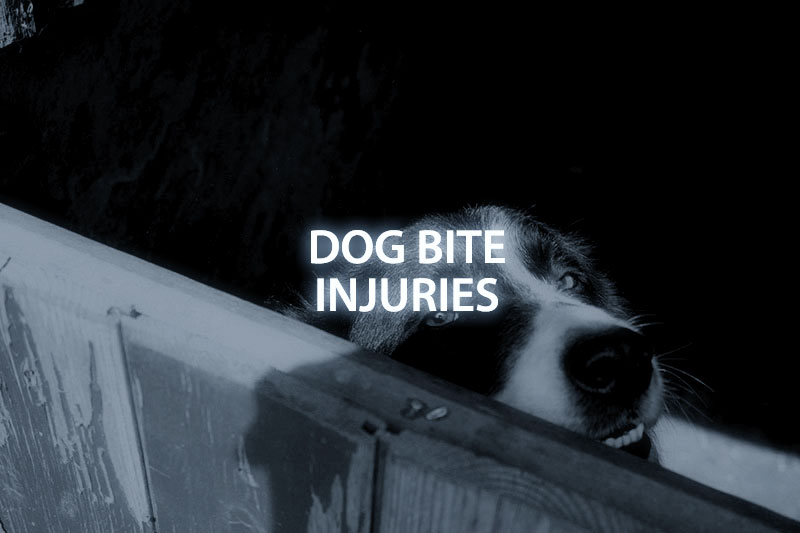Dog bites can lead to serious injuries, emotional trauma, and significant financial burdens due to medical bills and lost wages. Understanding the legal framework surrounding dog bite incidents is crucial for victims seeking compensation, as well as for dog owners aiming to understand their liabilities. California has specific laws governing dog bite incidents, which are distinct from the regulations in many other states. This comprehensive guide provides an overview of California’s dog bite laws, emphasizing the legal responsibilities of dog owners and the rights of victims, and outlining the strict liability rules that set California apart.
Overview of California’s Dog Bite Laws
California’s approach to dog bite laws is encapsulated in Civil Code Section 3342. This statute clearly states that the owner of a dog is liable for damages if:
- The damages were caused by a dog bite, and
- The person bitten was in a public place or lawfully in a private place.
This includes the dog owner’s property, meaning the victim doesn’t need to prove negligence if they were legally allowed to be where the bite occurred.
Key Aspects:
- Strict Liability: California operates under a strict liability rule, where the dog owner is responsible for most dog bite injuries, regardless of the dog’s past behavior.
- Exemptions: The law exempts military or police dogs performing their duties and cases where the victim provoked the dog.
- Injuries Beyond Bites: It’s worth noting California’s dog bite statute specifically covers injuries caused by dog bites, not other behaviors (e.g., a dog knocking someone over). However, other forms of injury may still be actionable under broader personal injury laws.
Strict Liability vs. “One-Bite” Rule
A key distinction in dog bite legislation across the United States is between strict liability states, like California, and states adopting a “one-bite” rule.
Strict Liability
Under California’s strict liability laws, the dog owner cannot escape liability by arguing they were unaware of the dog’s aggressive nature or that they took care to prevent the dog from harming others. From the first incident, the owner is liable if their dog bites someone, rendering the dog’s past behavior largely irrelevant in the determination of liability.
One-Bite Rule
Conversely, states with a “one-bite” rule give a dog “one free bite,” meaning the owner is not considered liable for the dog’s first bite, provided they had no reason to believe the dog was dangerous. This rule is based on the notion that a dog’s harmful behavior could not have been reasonably anticipated without a previous incident.
Legal Rights and Responsibilities
For Dog Owners:
- Prevention and Responsibility: Dog owners in California must take preventive measures to ensure their dogs do not bite someone. This includes proper restraint in public and securing their property.
- Liability Insurance: It’s advisable for owners, especially those of breeds considered more dangerous, to have liability insurance that covers dog bites.
For Victims:
- Seeking Compensation: Victims of dog bites can seek compensation for their injuries, including medical expenses, lost wages, and pain and suffering.
- Time Limitations: The statute of limitations for filing a dog bite lawsuit in California is generally two years from the date of the bite.
- Reporting: Victims should report the incident to local animal control or law enforcement, particularly if the dog might be a danger to others.
Sacramento Dog Bite Attorney Caryn Warren
California’s dog bite laws provide a framework intended to protect victims while holding dog owners accountable for their pets’ actions. The strict liability rule simplifies the process for victims to seek compensation, emphasizing the importance of responsible pet ownership. Whether you are a dog owner or someone who has suffered a dog bite, understanding your rights and responsibilities under California law is essential for protecting your interests and ensuring a safe environment for everyone.
Personal Injury & Criminal Defense Services Available Throughout
Greater Sacramento, Yolo, Placer, and Solano Counties
Antelope, Arden-Arcade, Auburn, Benicia, Carmichael, Citrus Heights, Davis, Dixon, Elk Grove, Fairfield, Fair Oaks, Folsom, Galt, Gold River, Granite Bay, Iselton, Lincoln, Loomis, North Highlands, Orangevale, Rancho Cordova, Rio Linda, Rio Vista, Roseville, Rocklin, Sacramento, Suisun City, Vacaville, Vallejo, West Sacramento, Winters, Woodland

